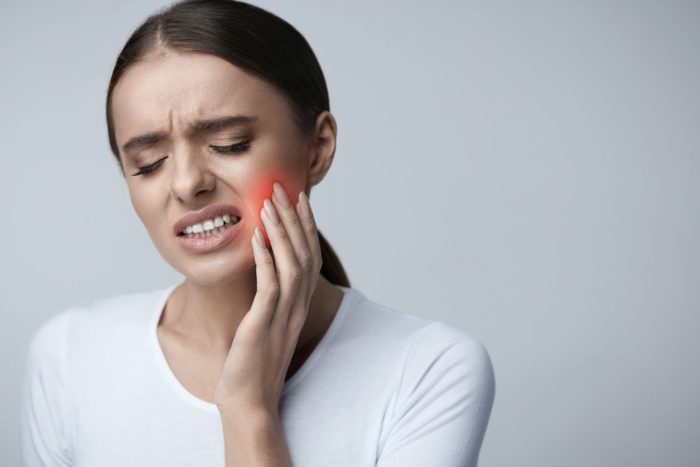Dentists perform tooth extraction surgeries for patients with damaged teeth that do not respond to other restorative treatments. This procedure removes the affected teeth and requires some downtime for the patient’s surgical site to heal properly.
A blood clot forms naturally over this site during the healing process. But a painful condition called dry socket can occur if the clot becomes dislodged. Dr. Vijay Patel, a dentist in Claremont, CA, provides tips for preventing dry socket after a tooth extraction.

Practice Careful Oral Hygiene
Good oral hygiene practices keep your mouth clean and healthy. These include brushing your teeth twice a day and flossing daily. Those habits should continue while you heal from a tooth extraction or other oral surgery.
However, you should be gentle when brushing or flossing near the surgical site. If the blood clot is disturbed or dislodged, you could develop dry socket which will require intervention from a dental professional to fix. You should follow aftercare instructions from your dentist following your procedure.
Avoid Sucking Motions
The combination of airflow and muscle movement involved when sucking through your mouth could disturb a blood clot over your surgical site. For this reason, dentists ask their patients to avoid drinking through a straw while they heal from a tooth extraction.
Similarly, dental professionals suggest ceasing smoking during this period because the inhalation with this habit creates similar risks for dry socket. It may be a good idea to decrease smoking before your procedure to better adjust to this abstinence.
Stick with Soft Foods
When anesthesia has worn off after your oral surgery, your mouth may feel sore as it heals. It will be easier to eat soft-textured foods such as applesauce, oatmeal, or yogurt.
Hard, sticky, or chewy foods could harm a healing blood clot in your mouth, so you should avoid these food items to prevent dry socket. 24 hours following your oral surgery, you may feel comfortable enough to eat more solid foods, but you should revert to soft foods if you notice any pain.
Follow Instructions from Your Dentist in Claremont, CA
